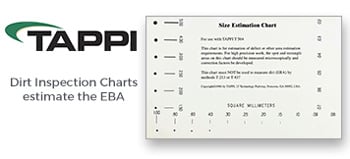Enhanced Press Dewatering and Energy Efficiency Through Enzymatic and Chemical Pretreatments, 23TAPPICon
In this paper, we report on the effect of a bio-chemo-mechanical pretreatment on press dewatering, aiming to address a critical issue linked with the future of the paper industry: achieving a significant reduction in energy-intensive drying operations to meet the Net Zero Emissions (NZE) by 2050. To that end, benchtop and pilot-scale experiments were conducted to reduce the amount of water of the paper web exiting the press section of a paper machine. Southern bleached softwood kraft (BSW) pulp was mechanically and biochemically pretreated under time and temperature-controlled conditions. The experiments showed that mild refining (~1,000 PFI revs), controlled enzymatic pretreatments (cellulase/xylanase cocktail, 11 FPU/mL, 1125 IU/mL, 45 °C, 30 min.), and addition of cationic strength aids significantly enhances the water removal during wet pressing (~3.0 wt.% absolute increase in solids) while increasing paper strength (20-60% increase). As a result, a potential reduction in the drying energy required during paper manufacture is estimated at close to 10%. This is significant since enzymatic pretreatments are used for the first time to enhance press dewatering and reduce energy consumption for papermaking.
TAPPI
conference proceedings and presentations, technical papers, and publication articles provide technical and management data and solutions on topics covering the Pulp, Paper, Tissue, Corrugated Packaging, Flexible Packaging, Nanotechnology and Converting Industries.
Simply select the quantity, add to your cart and your conference paper, presentation or article will be available for immediate download.





